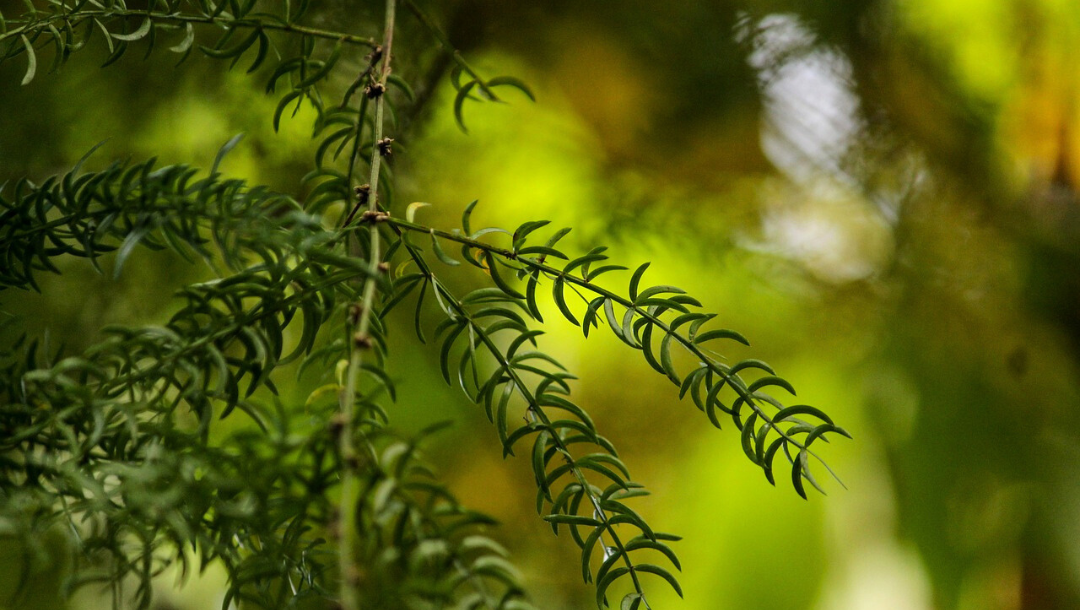Shatavari, scientifically known as Asparagus racemosus, is a versatile herb deeply rooted in Ayurvedic medicine. Translating to “she who possesses a hundred husbands” in Sanskrit, Shatavari is celebrated for its ability to promote vitality, fertility, and overall well-being, particularly in women.
A Rejuvenating Herb
Shatavari is a perennial climbing plant native to India and the Himalayas, belonging to the asparagus family. It features delicate, needle-like leaves and small, fragrant, white flowers that give way to red berries. The plant’s tuberous roots, known as rhizomes, are the primary part used in traditional medicine for their medicinal properties.
Shatavari has been treasured for centuries as a potent rasayana, or rejuvenating herb, with a particular affinity for the female reproductive system. It is revered for its ability to balance the hormonal system, support menstrual health, enhance fertility, and promote lactation in breastfeeding mothers. Additionally, Shatavari is valued for its cooling and soothing properties, making it a popular remedy for conditions like inflammation, ulcers, urinary tract infection and digestive disorders.
Heaps of Health Benefits
Women’s Health:
Shatavari is widely used to address various women’s health concerns, including menstrual irregularities, PMS symptoms, menopausal discomfort, and infertility. Its hormone-balancing effects are believed to support reproductive health and alleviate menstrual cramps, bloating, and mood swings.
Fertility and Pregnancy:
Shatavari is prized for its fertility-enhancing properties, believed to nourish the reproductive organs, and promote healthy ovulation and conception. It is often recommended for couples seeking to improve their chances of pregnancy naturally. Additionally, Shatavari is traditionally used during pregnancy to support maternal and foetal health and facilitate lactation postpartum.
Digestive Health:
Shatavari’s cooling properties make it beneficial for soothing and healing the digestive tract. It is commonly used to alleviate symptoms of gastritis, acid reflux, and ulcers by reducing inflammation and protecting the gastric mucosa. Shatavari may also support healthy digestion and nutrient absorption.
Immune Support:
Shatavari is believed to bolster the body’s natural defences and enhance immune function. Its antioxidant properties help protect cells from oxidative stress and support overall vitality and resilience.
Shatavari is available in various forms, including powder, capsules, tinctures, and teas. It can be consumed orally as a supplement or added to culinary dishes and beverages. The recommended dosage may vary depending on individual health needs and the specific form of Shatavari used.

